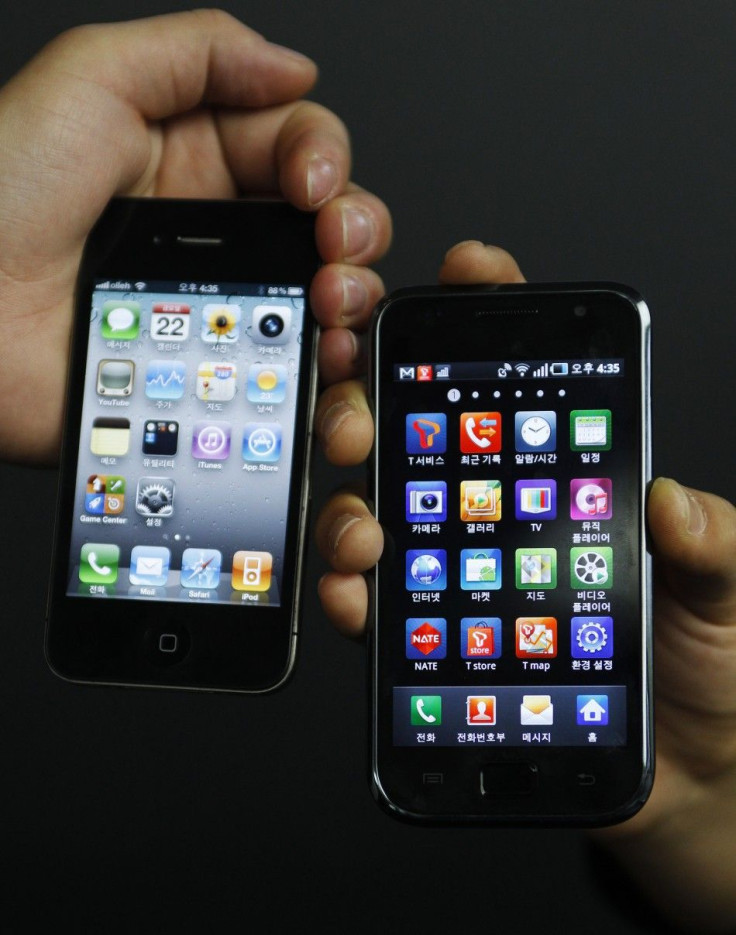Technology Focus: Still Waiting For Digital Wallets

In the 1950s, a consumer who wanted to buy eyeglasses for $40 would ask a banker at Bank of America (NYSE: BAC) for a loan. So did someone who wanted to borrow $200 for a vacation.
After enough of these small loans, an enterprising banker developed the Bank Americard, a credit card, whose descendant is well-known: Visa (NYSE: V), which in the year ended March 31 processed 59.9 billion transactions.
About 30 years ago, once the potentials of networked cash registers and services like Visa and rival MasterCard (NYSE: MC) became apparent, entrepreneurs like Bill Melton came up with new companies like VeriFone (NYSE: PAY) and later CyberCash, which flopped, to speed digital payments at gas stations and supermarkets and, in its consumer infancy, the Internet.
More successful people like Elon Musk and Peter Thiel came up with PayPal to essentially conduct Internet online banking. They did very well when eBay (Nasdaq: EBAY) acquired it for $1.5 billion in 2002.
Meanwhile, consumers in Europe and Asia, notably Japan, were way ahead of Americans. They were on mobile phone networks first and with units from Finland's Nokia (NYSE: NOK) and Sony Corp. (NYSE: SNE) could use their mobile phones to buy sodas from a vending machines. (In Japan, consumers can buy anything from vending machines.)
What about Americans? Maybe by the end of 2012, they'll be able to use their mobiles for commerce, too.
Last week, Microsoft (Nasdaq: MSFT), the world's biggest software company, confirmed that new phones from Samsung Electronics (Seoul: 005930), Nokia and others using Windows 8 for Mobile will have a so-called digital wallet.
Apple (Nasdaq: AAPL), the world's most valuable technology company, has indicated whatever upgrade succeeds the iPhone 4S will have a similar application.
Google (Nasdaq: GOOG), the No. 1 search engine, has talked about a Google Wallet for a while. Now that it owns the former Motorola Mobility, the smartphone maker, and has the Android OS as well as more than 200 million Google+ members, it wants mobile apps.
Small fry like private Square, of San Francisco, and Bango, of New York, are working with the principal mobile carriers such as the Verizon Wireless unit of Verizon Communications (NYSE: VZ), the No. 2 U.S. carrier, and Facebook (Nasdaq: FB), the No. 1 social networking site, for mobile commerce. They use new techniques like photo IDs to handle transactions.
PayPal, too, is dying to shift from the PC-based platform to mobile apps. So are the big banks, including Bank of America, JPMorgan Chase (NYSE: JPM) and Citigroup (NYSE: C) which this week might show off some pieces of their digital wallets at a New York financial technology trade show.
The banks, as well as Visa, Mastercard and American Express Corp. (NYSE: AXP) want to get to digital wallets, too. But they're also greedy to protect the transaction fees they collect. In the U.S. alone last year, they amounted to nearly $50 billion.
Some of the biggest retailers, including Home Depot (NYSE: HD) and Starbucks (Nasdaq: SBUX), have already gotten there. Home Depot customers with an app from PayPal can use their phones to check out.
Seattle-based Starbucks, with its Starbucks Card Mobile App for Android and iPhone is already the largest U.S. mobile payments network and is likely to expand when Windows 8 comes out.
There's a great incentive to make the digital wallet finally work. First, market forecasters now predict far greater growth for mobile platforms than for PCs and laptops. Next, the latest-generation smartphone is very powerful and creates an intimacy with the user different from the PC.
Provided the developers can manage the three essentials - absolute reliability, recording accuracy and security - there's no reason why 2012 can't be the year the digital wallet finally comes out.
© Copyright IBTimes 2024. All rights reserved.






















